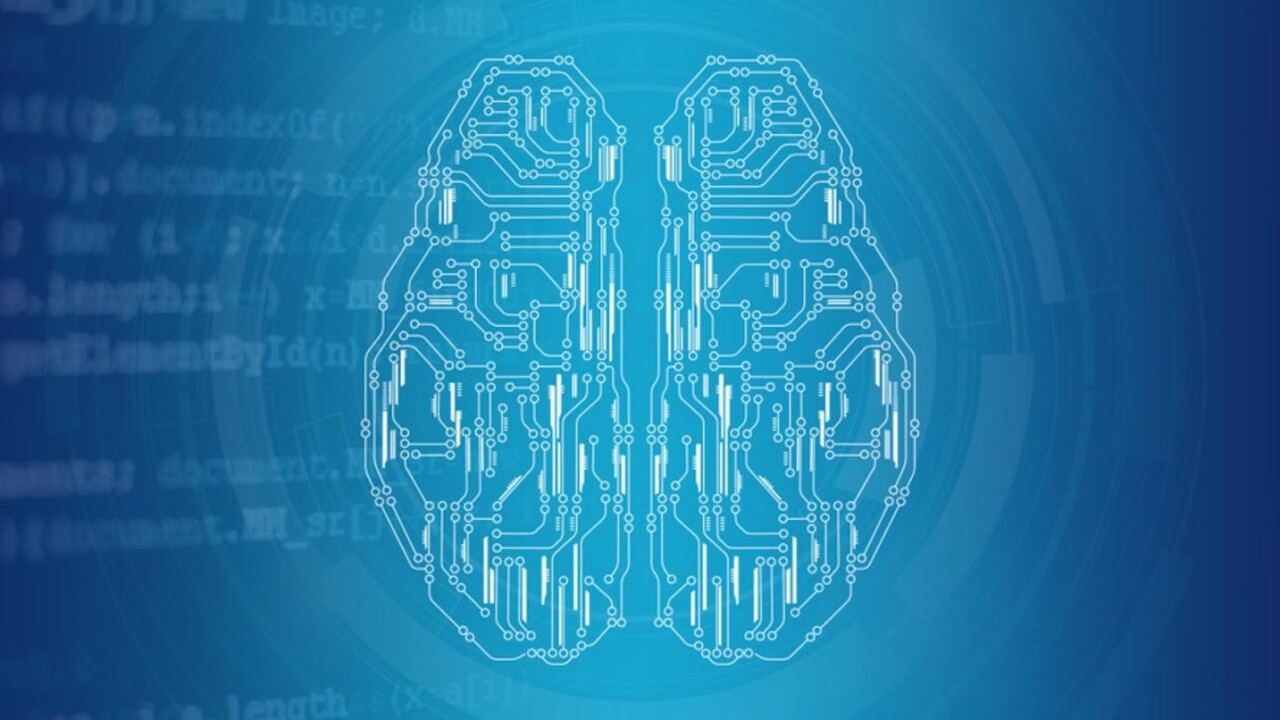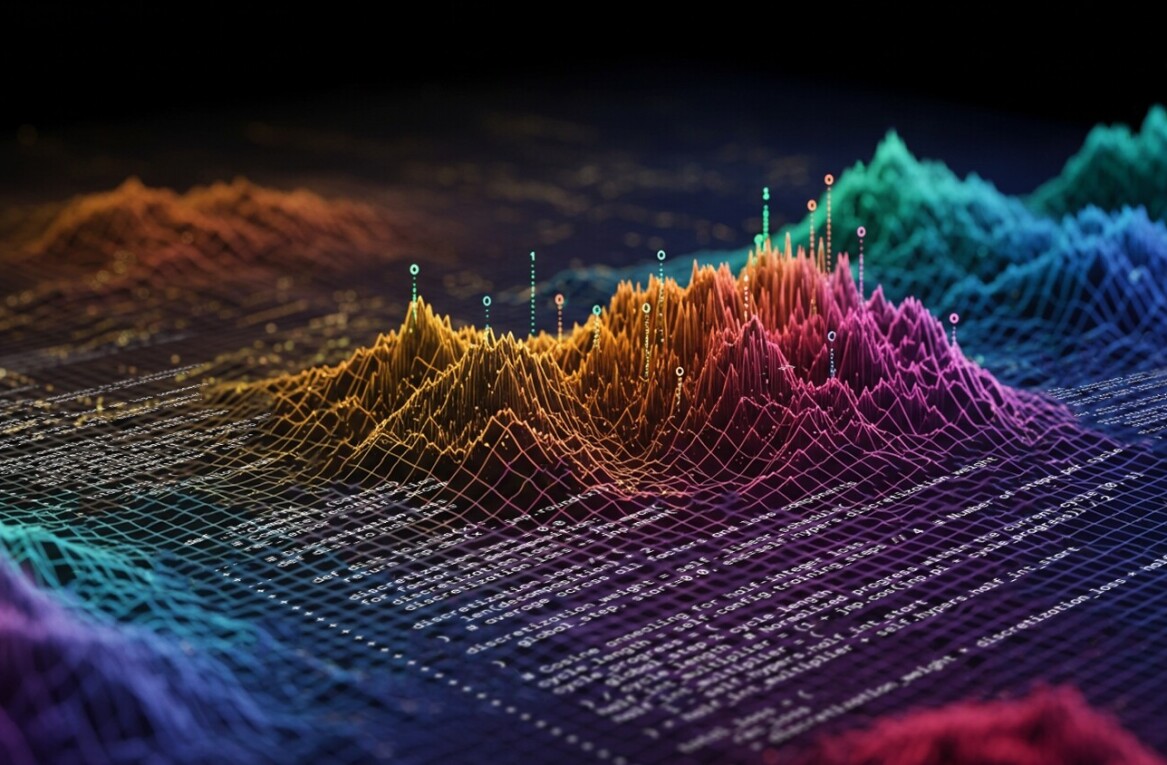
A pair of researchers from the University of Louisiana at Lafayette have developed an artificial intelligence system that predicts epileptic seizures with 99.6 percent accuracy.
The World Health Organization estimates that between 4 and 10 in every 1,000 people suffer from epilepsy-related seizures. According to numerous studies, 70 percent of those afflicted have symptoms that can be mitigated with medication. The problem is that many patients are unable to tell when they enter the preictal stage (the period directly before a seizure occurs) when such intervention would be effective.
Professor Magdy Bayoumi and researcher Hisham Daoud, the duo who created the system at University of Louisiana at Lafayette, want to take the guesswork out of seizure prediction. According to the pair’s research paper:
We propose four deep learning based models for the purpose of early and accurate seizure prediction taking into account the real-time operation. The seizure prediction problem is formulated as a classification task between interictal and preictal brain states, in which a true alarm is considered when the preictal state is detected within the predetermined preictal period.
Predicting a seizure is no small feat, especially for AI. Machine learning systems essentially run on data; the more you feed them the better the training and results. Unfortunately the frequency, detection time before onset, duration, and relative intensity of a seizure can vary wildly from one subject to the next.
This means, unlike teaching an AI to recognize photos of cats by feeding it millions of cat images, you can’t use a general purpose training dataset to create a seizure-detection system for individual patients. The researchers instead use long-term records of a person’s cranial EEG scans to develop a sort of baseline for brain activity before, during, and after seizures.
Patient’s personal data is required to develop the training and prediction paradigm, but the results are nothing short of astounding. Bayoumi and Daoud report near perfect accuracy at 99.6 percent detection with a false detection rate of nearly zero.
This has the potential to dynamically improve the lives of the estimated 50 million people afflicted with epilepsy world-wide. Per the study:
Due to unexpected seizure times, epilepsy has a strong psychological and social effect in addition to it could be considered a life-threatening disease. Consequently, the prediction of epileptic seizures would greatly contribute to improving the quality of life of epileptic patients in many aspects, like raising an alarm before the occurrence of the seizure to provide enough time for taking proper action, developing new treatment methods and setting new strategies to better understand the nature of the disease.
The researchers have now turned their attention towards developing the proper hardware and chipsets to fully implement their AI system as a viable solution to seizure intervention. While development and testing will likely take some time, there’s hope that wearing a personalized device with similar functionality to the Apple Watch’s life-saving ability to detect irregular heart activity may one day become a standard treatment protocol for patients who suffer from epileptic seizures.
For more information about the team’s work, check out the research paper here.
Get the TNW newsletter
Get the most important tech news in your inbox each week.





